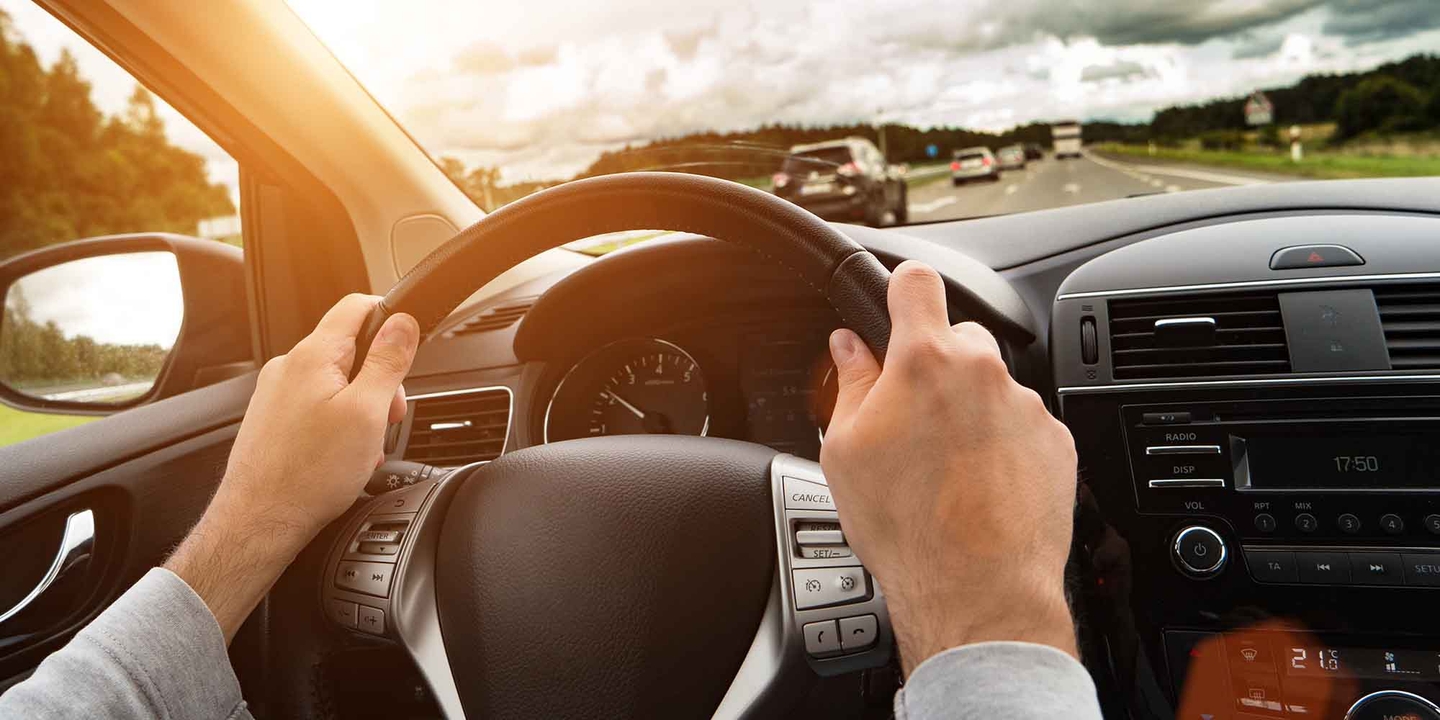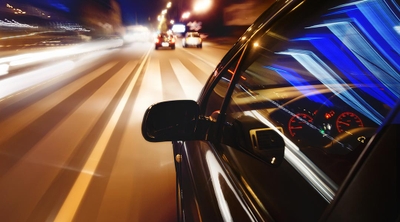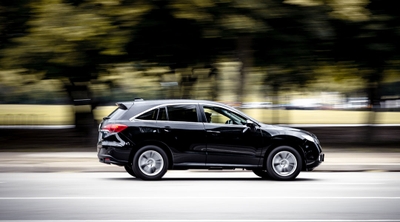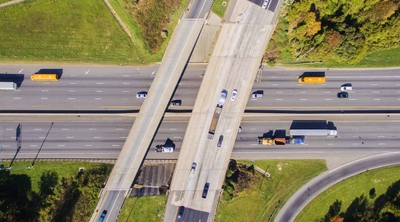Is driving on empty bad for your car?
3 min read
There are many apparent reasons why it’s bad for the car to run out of gas. You might find yourself stranded without a way to get help or you could have an accident if your car suddenly loses power on the road. But what about the car itself? Does driving on an empty tank damage the motor or other car parts?
Learn more about the affects of driving on empty.
How does driving on empty affect your car?
The primary reason you shouldn’t run your car low on gas is that it can cause different engine parts to overheat. Running out of fuel negatively affects several important components, such as the fuel pump, engine, and catalytic converter.
Damage to your fuel pump
The fuel pump is designed to function with a certain amount of fuel. Driving with low fuel can damage the fuel pump because the fuel cools and lubricates the pump as it flows. If you run your car low on gas, the pump will start to draw air in place of some of the fuel. When this happens, the fuel moving through the mechanism won’t be enough to cool the pump adequately. To keep your fuel pump functioning properly, the pump must be submerged in gasoline, which requires at least 1/4 of a tank, according to Strutmasters.
There is less risk of damaging your fuel pump if you’re idling. That’s because when the vehicle is still, the fuel sits level, and the pump will only draw air for a short time before the motor shuts off from lack of fuel. On the other hand, when you drive, the fuel sloshes around in the tank. The fluctuating levels create the possibility that the pump may repeatedly draw an insufficient fuel level, increasing the chance of overheating.
A final risk to your fuel pump when driving on empty comes from overworking. Your fuel filter removes debris from the fuel before it reaches the pump, but if your fuel filter gets clogged, your fuel pump must work harder to draw fuel in. In addition, debris in the gas tank settles to the bottom, so it can be more concentrated when your car is low on gas, which increases the odds of overworking the fuel pump.
Damage to your engine
When your engine doesn’t have enough fuel, it can cause cylinders to misfire. But the biggest risk is if you’re traveling at high speeds and RPMs, your car’s computer will request a richer air-fuel mixture to prevent damage to the engine. If the fuel pump cannot deliver enough fuel, it can cause an engine knock. The knocking sound is the same problem cars designed for premium gas can encounter if you use regular gas instead of premium. Engine knock can cause long-term damage to the engine, so you should avoid running the car hard if you’re driving on empty. Learn more about which cars require premium gas and the differences between premium vs. regular gas.
Damage to your catalytic converter
The catalytic converter breaks down dangerous exhaust chemicals into safer emissions like carbon dioxide and water. It accomplishes this through chemical reactions involving precious metals — one of the reasons catalytic converters are a popular target of theft. But those reactive materials aren’t designed to interact with pure fuel.
Counterintuitively, when you run low on fuel, you may deliver more pure fuel to the catalytic converter than when you have a full tank. That’s because if your engine misfires, fuel can make its way to the catalytic converter and cause it to overheat. But the risk is minimal because you don’t have much fuel to send through the catalytic converter, even if you misfire.
How low should you let your gas tank get?
It’s bad to drive your car on empty if you do it regularly, but how little fuel is too little? Fortunately, your car will tell you with a low fuel warning light. When that light comes on, fuel up as soon as possible. Even better, fuel up before the light comes on to avoid damage to your car. Most of the risks of driving on empty are only a problem if you frequently run the car on low fuel. If you use the right fuel, don’t let the tank run too low, and take it easy on the car, you should be fine even if you find yourself low on fuel with no way to fill up soon.
Treat your car right by filling it up with gas regularly and following car ownership tips. Not taking care of your car can lead to expensive repairs. Learn how mechanical breakdown insurance can help protect you from the costs of unexpected breakdowns and repairs.




